What is the menopause?
Perimenopause follows the fertile stage of a woman’s reproductive life and starts about the age of 40. For the next 10-15 years, ovarian function and hormone production slowly decline. Periods become irregular and then stop altogether. Menopause is the term for when it has been one year since a woman’s last period. When the ovaries stop producing oestrogen, this function is taken over by the adrenal glands which convert androgen to oestrogen with the help of fatty tissue and muscle. The timing of this changeover phase varies from one woman to another meaning that there is an enormous variation in time and symptoms. For many women this transition or “change of life” is not easy and there are physical, mental and emotional changes that can be very disruptive and difficult to manage. However, many women find this stage in their lives liberating.
Bone and heart attack after menopause
There is an increased risk of heart disease and osteoporosis in post-menopausal women. Post-menopause is considered to be the time after periods have stopped for one year. Oestrogen is important for bone health and strength and lack of this can lead to bone thinning and fractures. Oestrogen also protects women from cardiovascular disease before menopause so that the risk of heart disease and strokes catches up to that of their partner’s and male friends and family after menopause.
What are the symptoms?
You may have all or none of these but most women experience some of these symptoms:
- Changes in periods becoming lighter and less regular. Heavier and more frequent bleeding is possible but must always be investigated further
- Hot flushes and night sweats: an overpowering sense of heat, often followed by feeling clammy and cold
- Sleep problems because of flushes, sweats and changes in brain chemicals that control sleep
- Mood swings: feelings of being unloved or depressed are related to hormonal changes affecting brain chemicals; also this may be a time when children leave home and parents are elderly and in need of care, which can exacerbate hormonal-induced emotions
- Vaginal dryness: the lining of the vagina and bladder entrance becomes thinner, drier and less elastic, which can make intercourse uncomfortable and lead to vaginal and bladder infections and loss of libido
- Thinning of the skin all over your body
- Loss of tissue “plumpness” due to dryness and loss of collagen
- Increased abdominal fat (middle-aged spread), caused by changes in your body’s nutritional needs and how it stores fat
- Loss of hair where you want it and appearance of “whiskers” where you don’t, often on the chin.
Prevention and treatment
You cannot prevent menopause but you can make it easier to cope with by looking after your general health, keeping fit and eating well. If you need help with your symptoms, visit your doctor and discuss options, particularly if you are worried about your bones or other health issues.
1. How to tell when menopause has started
- When your periods start to become irregular and possibly flushes and night sweats begin
- Your doctor may take blood tests to check for changes in hormone levels.and investigate heavy or frequent bleeding.
2. Treating symptoms
- Take supplements like B vitamins to help with mood swings; vitamin D and calcium for bone strength
- Vaginal oestrogen-containing creams or lubricants can help relieve vaginal dryness
- Phytoestrogens are naturally occurring oestrogens in some foods like soybeans, chickpeas, nuts, whole grains, seeds and some fruits and vegetables (green beans). These foods are also high in minerals like magnesium which is also thought to help reduce menopausal symptoms
- Black cohosh is a herbal product, which helps many women with symptom relief
- Try an alternative approach; visit a homeopath, try herbal remedies
- Avoid any known triggers for hot flushes, like coffee, red wine, spicy food
- Non-hormonal medication options for severe symptoms include the serotonin-stimulating antidepressants.
3. Hormone replacement therapy (HRT)
HRT is the replacement of naturally produced oestrogen and progesterone, with another source in the form of creams, tablets, patches or implants. HRT helps relieve menopausal symptoms like flushing and sleep problems and it also protects against thinning bones. Prolonged use (over five years) has been linked with increased risk of breast cancer and other health problems. The decision to take HRT should be made in consultation with your doctor and depends on the severity of symptoms.
4. Look after your bones
Bones need calcium for strength (at least 1000mg recommended) and vitamin D to help them absorb calcium, so make sure you have enough of both in your diet from low-fat dairy foods, leafy green vegetables, and nuts and fish with edible bones like salmon and sardines. A little bit of sunlight is also good for bones as it helps you manufacture vitamin D. Enough calcium is hard to achieve in a normal diet and supplementation may be needed.
Weight-bearing exercise such as walking and resistance-based exercise such as working with weights are both important for maintaining bone mass.
Biphosphonates are prescription medicines you can take to protect bone structure and prevent bone loss.
5. Lifestyle approaches
- Use exercise to help you through difficult times; include yoga, pilates and Tai Chi, which help maintain muscle strength and flexibility and keep stress under control.
- Don’t smoke, as smoking increases the risk of osteoporosis and heart disease
- Fight middle-age spread with regular exercise and a sensible diet.
- Aging skin is thinner and more sensitive, so take care of your skin, keeping it moist with gentle moisturisers and avoid harsh soaps and detergents.
- Be positive and mange your life to accommodate the changes you are experiencing, keep active and use strategies to help you cope with symptoms.






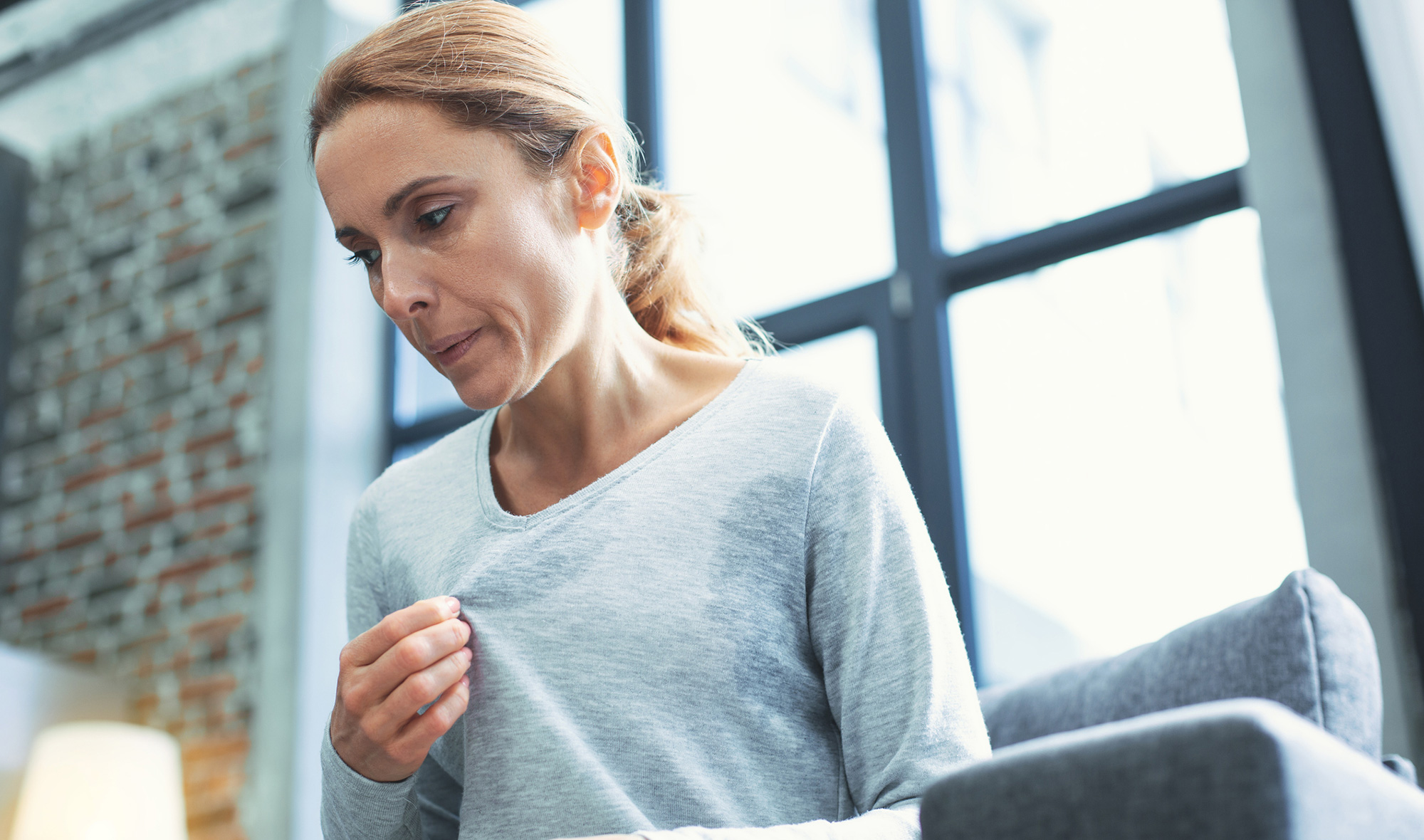


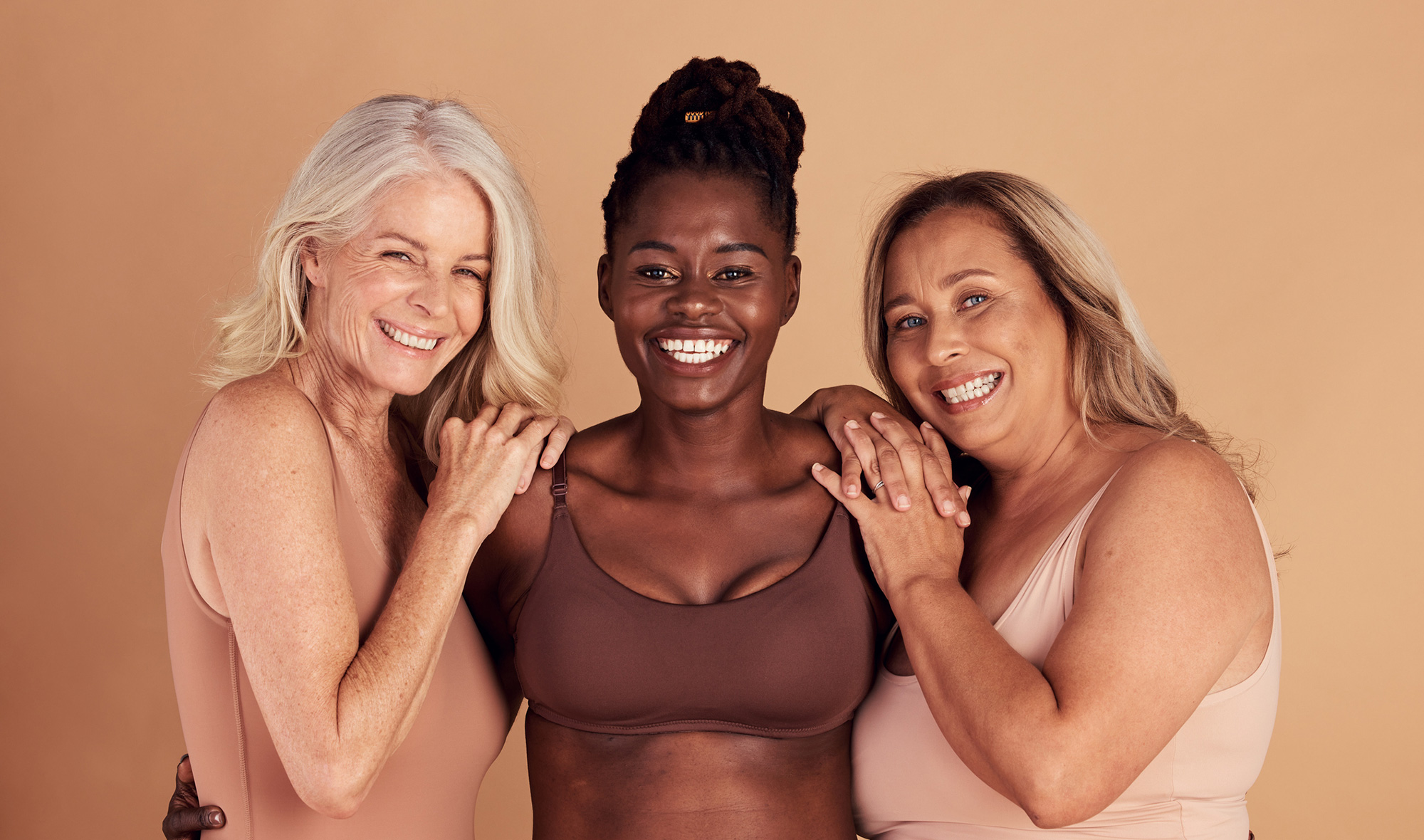
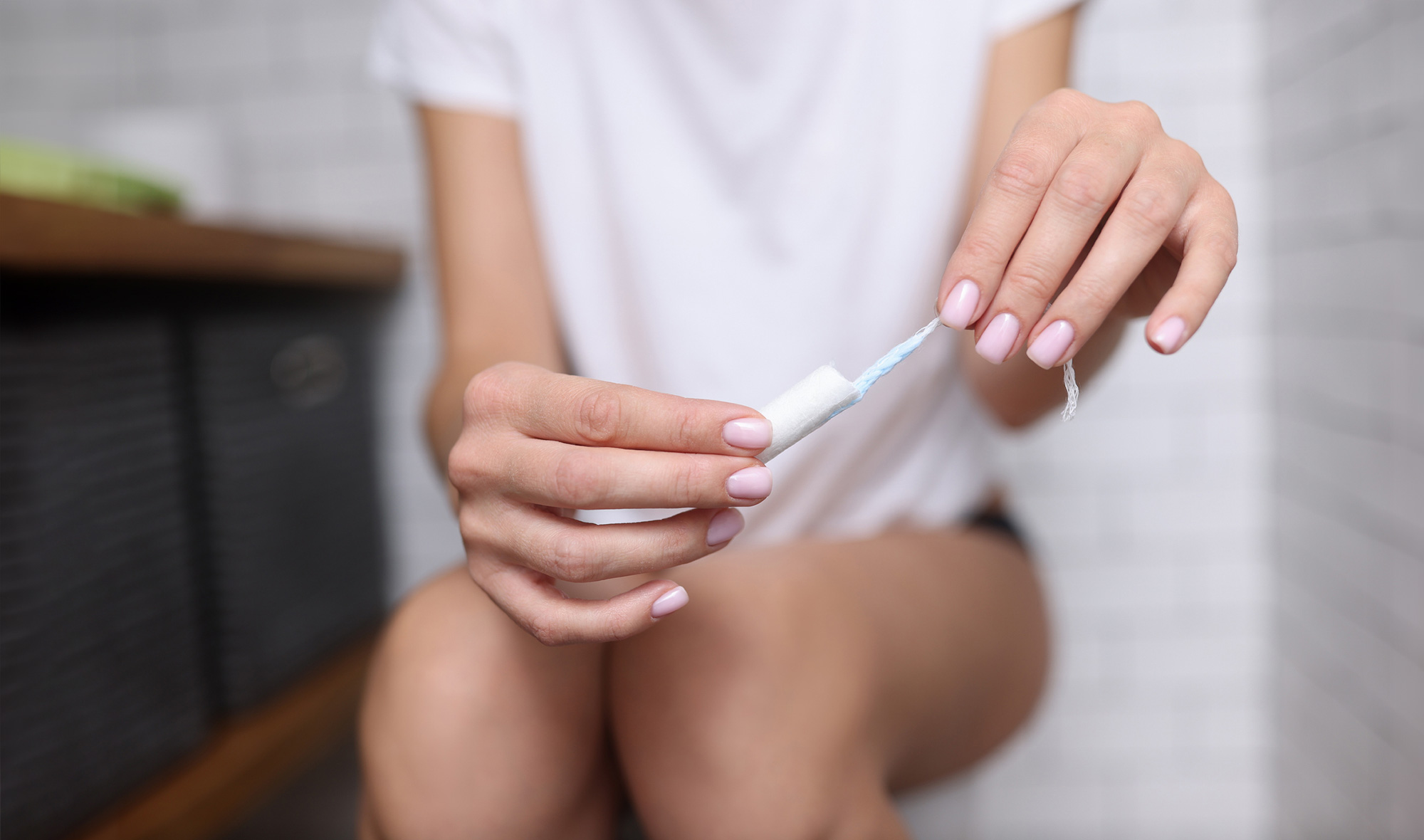


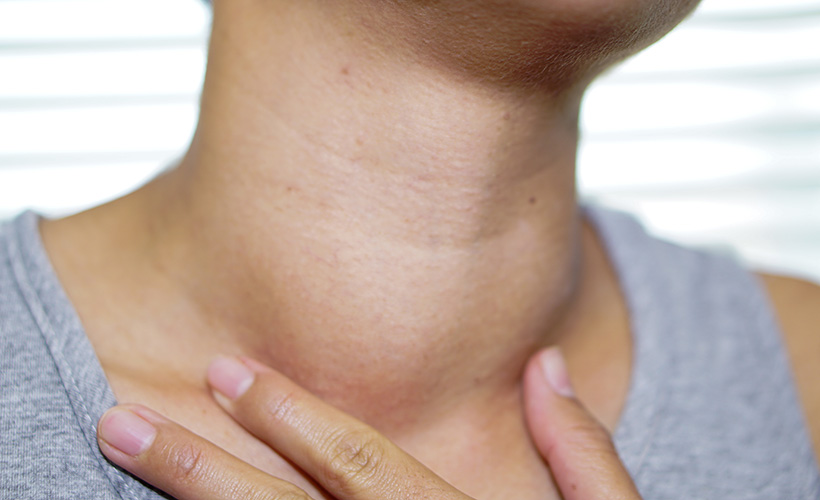
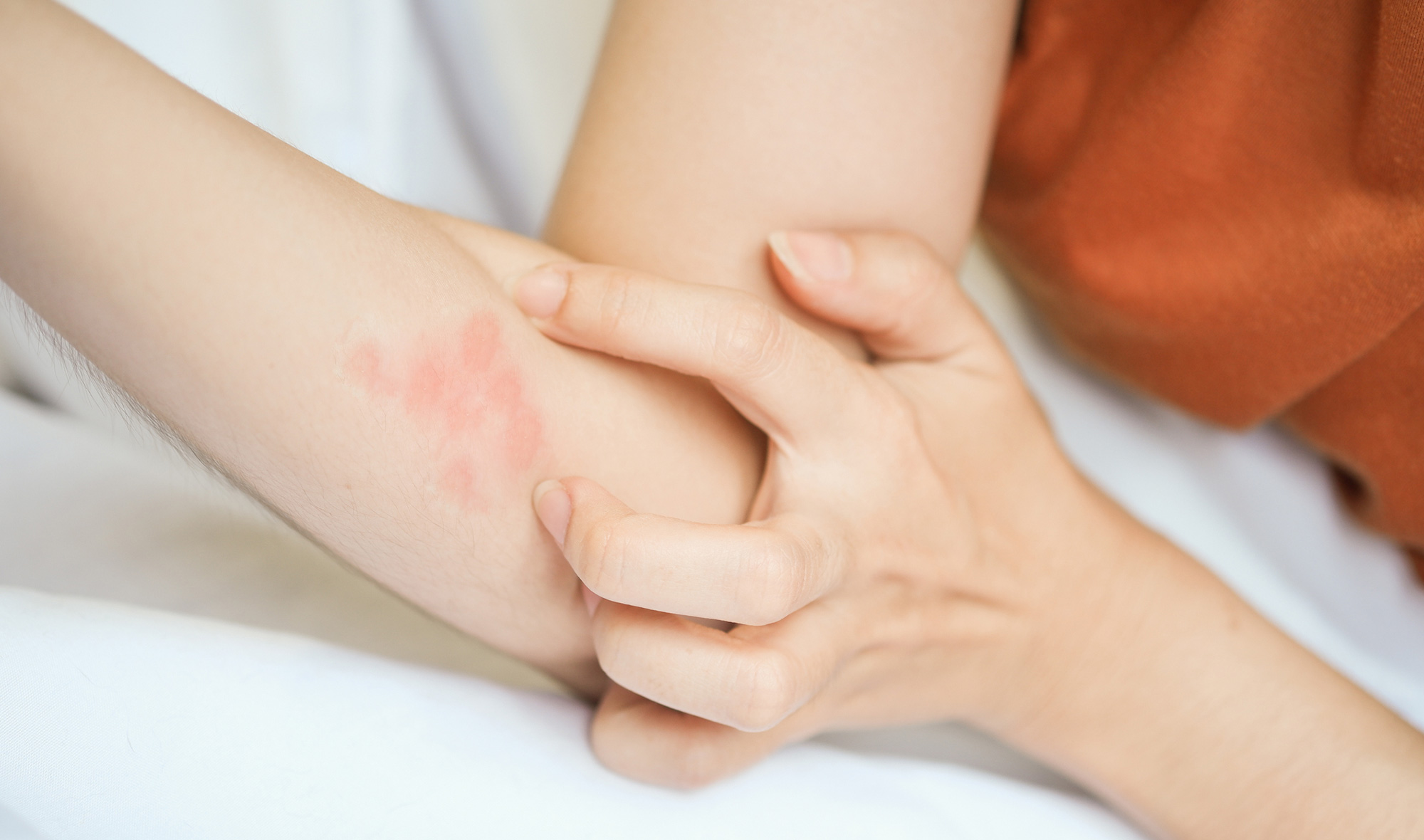
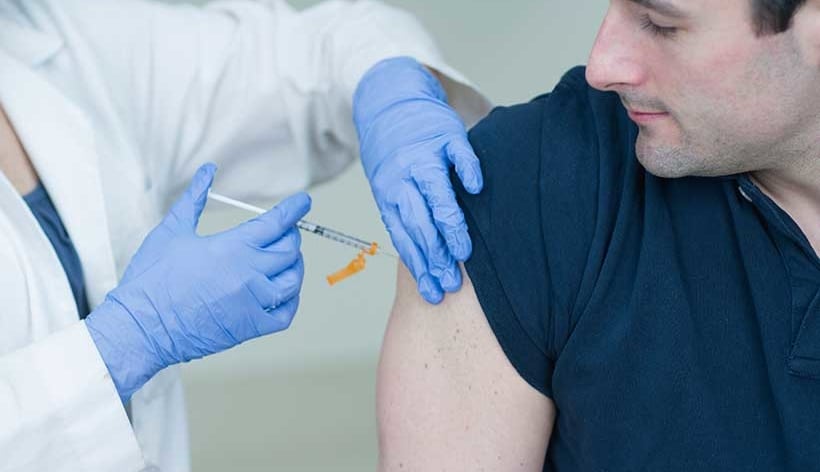

Community